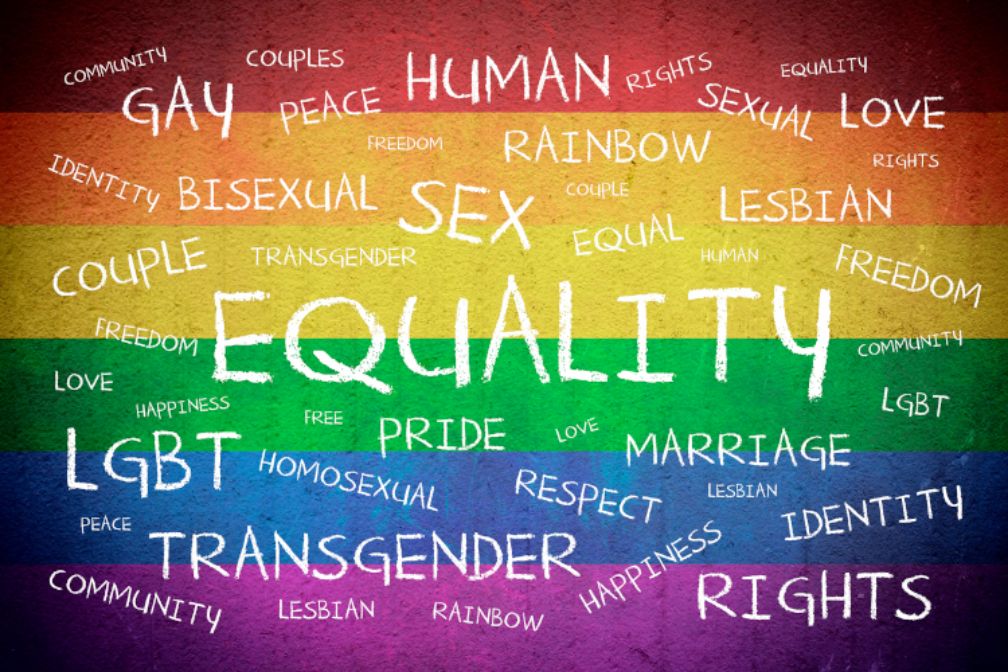Many queers feel increasingly misrepresented
According to a recent study, many queer people feel misrepresented in the media. In numbers, more than 60 percent of queer people from the U.S., Canada and the U.K. feel that the community is portrayed in the media based on stereotypes.
The study that comes to this conclusion. Was conducted by the company Nielsen and the agency network WPP. The result is sobering. And it should also mean that the media landscape needs to do its homework.
One of the main criticisms: Gays, lesbians and other members of the LGBTQIA+ community are portrayed based on prejudice. Many members of the scene would like to see this change. In Germany, too, there has been repeated criticism of stereotypical portrayals. For example, many people wondered whether the portrayal of "Winnie-Touch" in "Der Schuh des Manitu" was still contemporary.

What do queers in the U.S., Canada, and the U.K. want?
If you want to break down the result of the study from the USA, Canada and Great Britain, you could come to a simple conclusion: The scene no longer wants to be portrayed in a prejudiced way in the media, for example in films and series. This is exactly what could ultimately pave the way for more inclusion and show that queer people are just like cis people.
The very question of whether, for example, all gay men wear pink or all lesbians look particularly masculine is - viewed with clear common sense - already superfluous. But there are still some films today that fuel precisely such prejudices.
Accordingly, anyone who wants to achieve more tolerance and equality should - in the opinion of many survey participants - focus on one particularly important factor: Realism.
Some queers are satisfied
Just under 40 percent of respondents said they were satisfied with their portrayal in the media.
But another value is particularly interesting in this context. More than 90 percent of the queers who took part in the survey and are between 18 and 24 years old are primarily interested in the kind of content that reflects them.
This means that it makes sense, for example, to address the problems of queers, their lives and everyday challenges and to present them explicitly in the media. Especially young people could certainly be helped a bit more.
What role does the media play for queers and queer everyday life?
Many companies, including those in the media industry, have to defend themselves time and again against accusations of pinkwashing. They are accused of dipping their logo in rainbow colors on special occasions, such as Pride Month, but otherwise not doing much for the community and its interests.
Therefore, many queers are of the opinion that there is still a lot of catching up to do here. They demand that the companies that want to support the scene should expand their corresponding activities and not only present their support visually.
In everyday life - including in Germany - there is always talk about the "power of the media". However, it is questionable whether this power is used with regard to the rights of queers and more equality. Of course, movies or series cannot prevent people from being attacked on the street because of their sexual orientation. Nevertheless, it should certainly not be underestimated that media content has the potential to educate and ultimately build bridges.
However, for this to succeed, it is important that they become aware of the potential they have within themselves in this regard.
Did you know. Elliot Page publishes his first book